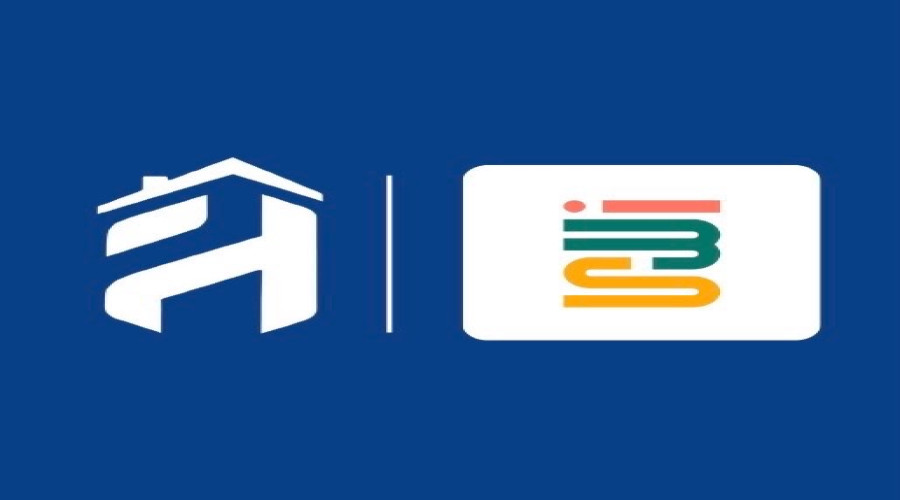Nigerian Student Loan Scheme: Suspended or Postponed?

24
Jun
Nigerian Student Loan Scheme: Suspended or Postponed?
The huge sigh of relief regarding the financial burden on Nigerian undergraduates might be impulsive. The long-awaited Nigerian student loan scheme, approved by President Bola Ahmed Tinubu in June 2023, has faced a recent setback, but the recent progress has restored joy in the hearts of the students.
The scheme, first set to launch in January 2024, failed to kick-off in September 2023 and then postponed again in March 2024. The recent update by the Nigerian Education Loan Fund (NELFUND) claimed that application has commenced since the 24th of May 2024 and more than 100,000 students have successfully applied.
This epileptic condition of the Nigerian student loan scheme is disheartening for students experiencing financial difficulties. Affording academic tuition in Nigeria is a significant challenge with the recent hike outpacing household income.
The initiative of an interest-free student loan scheme offered a beacon of hope for the masses, potentially encouraging them to chase their academic dreams without worrying about the immediate financial burden.
So, why exactly was it suspended? Government bureaucrats have mentioned the need for amendments to ensure appropriate scheme implementation. While the details weren’t revealed to the public, this could entail revising eligibility criteria, simplifying the application process, or establishing a robust reimbursement structure.
The National Association of Nigerian Students (NANS) has expressed displeasure about the recurrent adjournments of the Nigerian student loan scheme. Nevertheless, it is vital to note that a well-structured loan system can be a valuable resource. Here’s why:
Improved Access to Education The Nigerian student loan scheme will foster social mobility and help students who are financially incapacitated have the opportunity to pursue their academic dreams and enrich the national talent pool.
Supports Financial Responsibility Student loans introduce young adults to responsible debt management. Planning for reimbursements and prioritizing financial commitments is a valuable survival skill.
Future Investment Improved access to higher education through student loans can significantly boost future earning potential. The Nigerian student loan scheme can empower graduates to contribute positively to the economy.
However, navigating the Nigerian student loan scheme also needs careful examination:
• Debt Burden Though interest-free student loans serve as temporary financial relief, it is important to remember that it is still a debt that needs to be paid after graduation. Therefore, it is necessary for students to assess their future job and earning prospects and ensure a secured repayment plan.
• Potential for Default Graduates may struggle to get employed or experience financial challenges leading to loan repayment default. This could be detrimental to their credit scores and subsequent access to loans.
• Scheme Sustainability The long-term accomplishment of the program depends on students’ responsible borrowing practices and a robust reimbursement structure.
The Nigerian student loan scheme holds immense potential to balance access to higher education. However, ensuring its success needs cautious preparation, clear communication, and responsible borrowing habits by students. As we await more updates, it’s an auspicious period for applicants to explore career options and prepare a financial plan to manage future loan repayments.





